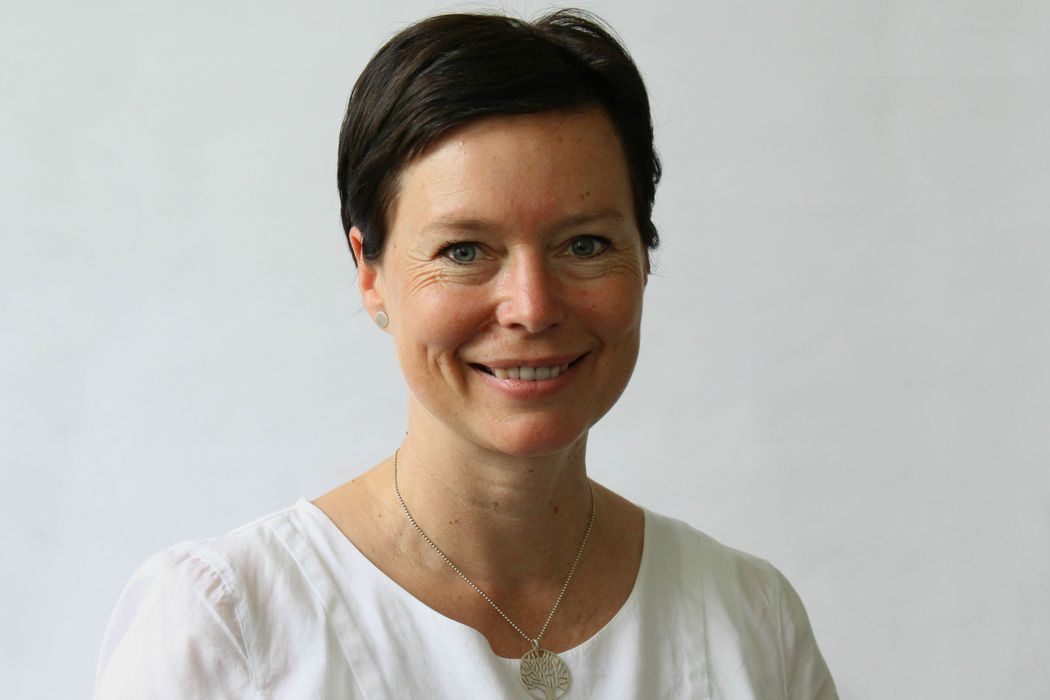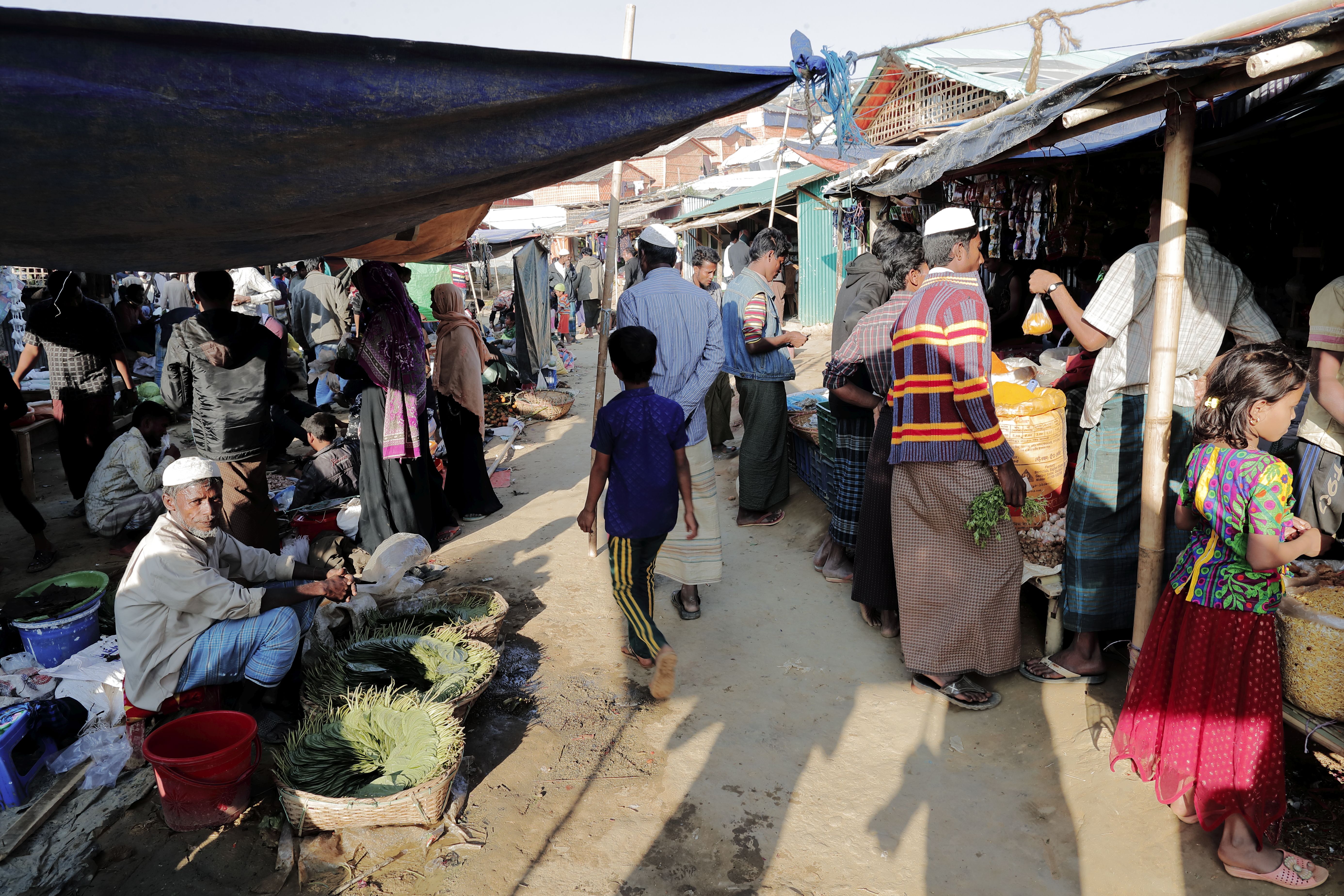Cologne. On August 25, 2017, a brutal campaign of violence against the Rohingya people of Myanmar forced over 700,000 to flee, most of them into neighboring Bangladesh. Three years on, an estimated 860,000 Rohingya are still living in limbo in the world’s largest refugee camp in Cox’s Bazar, Bangladesh.
Cordula Wasser, Head of Regional Group Asia at Malteser International, said: “Three years ago, communities in Cox’s Bazar showed extraordinary generosity as they welcomed Rohingya refugees, helping them to find safety from the persecution in Myanmar. However, living conditions in the densely populated refugee camps are extremely dire. For the Rohingya, life in exile cannot be a permanent solution. In addition to serious threats to physical health, the uncertain future and the lack of job opportunities in Bangladesh are having psychological implications for many Rohingya. What we need now is a sustainable solution for a safe and dignified return to Myanmar.”
The coronavirus pandemic (COVID-19) is another major threat facing the Rohingya in Cox’s Bazar. Over 80 cases have been confirmed and five deaths reported thus far. Given the crowdedness of the refugee settlements, social distancing is almost impossible. Many camp residents have to share toilets and showers, and there is a lack of soap.
“A widespread outbreak of the COVID-19 in the camps would be a humanitarian disaster,” said Wasser. “People are already living in poor conditions and health facilities are overwhelmed. Severe cases requiring ventilators could not be treated here at all as intensive care beds are hardly available.”
Protecting the health of vulnerable refugees and host communities has been a priority of Malteser International’s work in Bangladesh since 2017. “Following the mass exodus from Myanmar’s Rakhine State, our work in Cox’s Bazar focuses on the areas of mother-child health, hygiene, nutrition, and psychosocial support,” said Wasser. “To slow the spread of the novel coronavirus, we have provided clinics and quarantine facilities with protective equipment for healthcare workers and are informing the public on good hygiene practices against the virus.”
Note to editors:
Cordula Wasser, Head of Regional Group Asia, is available for interviews.
Malteser International and 11 other organizations called for the meaningful participation of Rohingya and other displaced populations in any discussions and decision making about their future. Read the joint statement here.
Contact information:
Katharina Kiecol,
katharina.kiecol(at)malteser-international.org,
+49 (0) 221 9822-7181
Please donate now to support Malteser International's work in Bangladesh.
DONATE NOW
Contact

Katharina Kiecol
+49-(0)221-9822-7181
Email: katharina.kiecol(at)malteser-international.org
Image rights
All pictures provided by Malteser International are free of charge and can be used for media coverage on Malteser International. Please mention "Malteser International" as image source. All image rights are held by Malteser International. This regulation does not apply to pictures marked otherwise.
For latest news, multimedia content and access to Malteser International experts, please subscribe to our distribution list.
Data Protection / Unsubscribing








